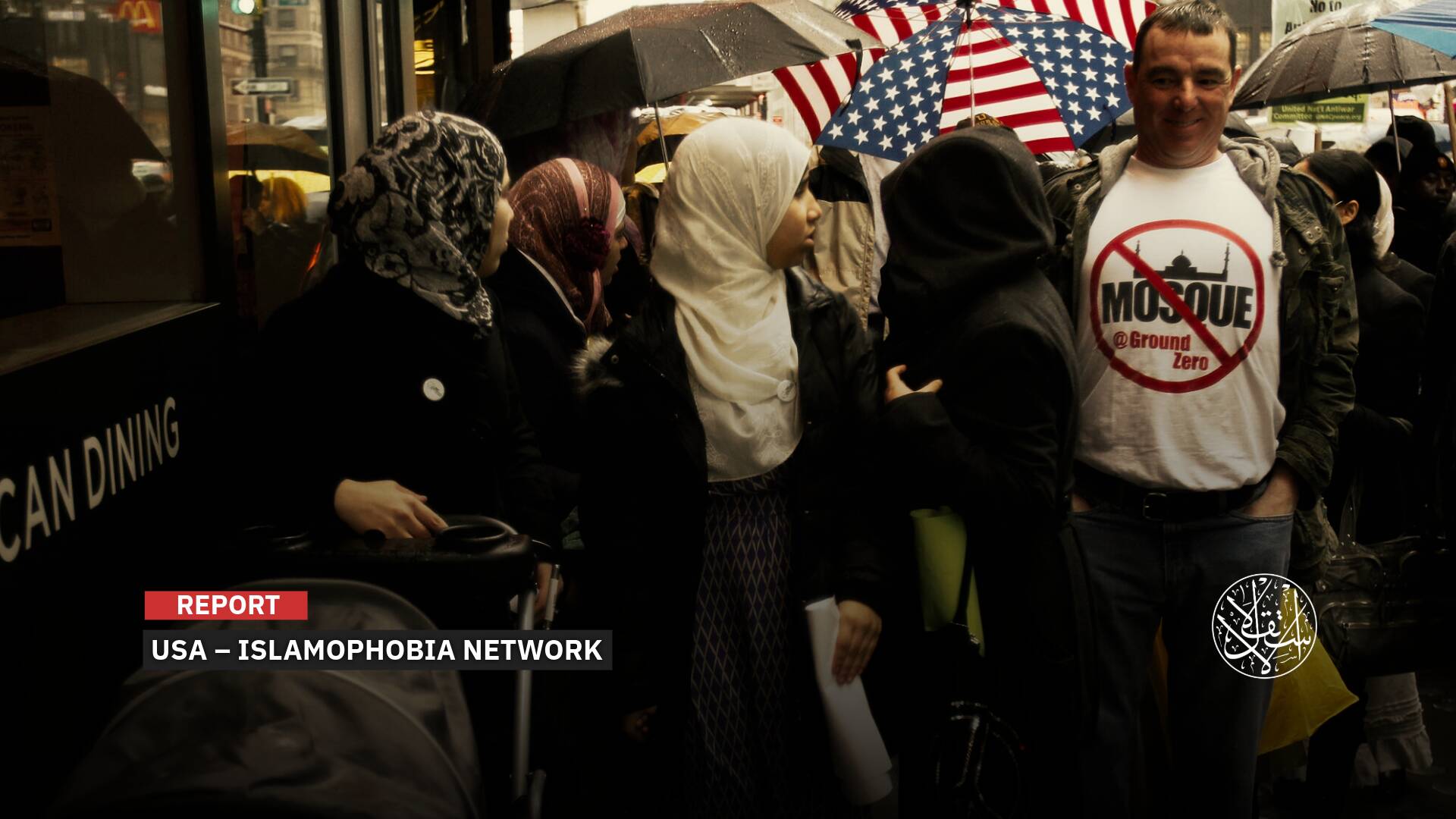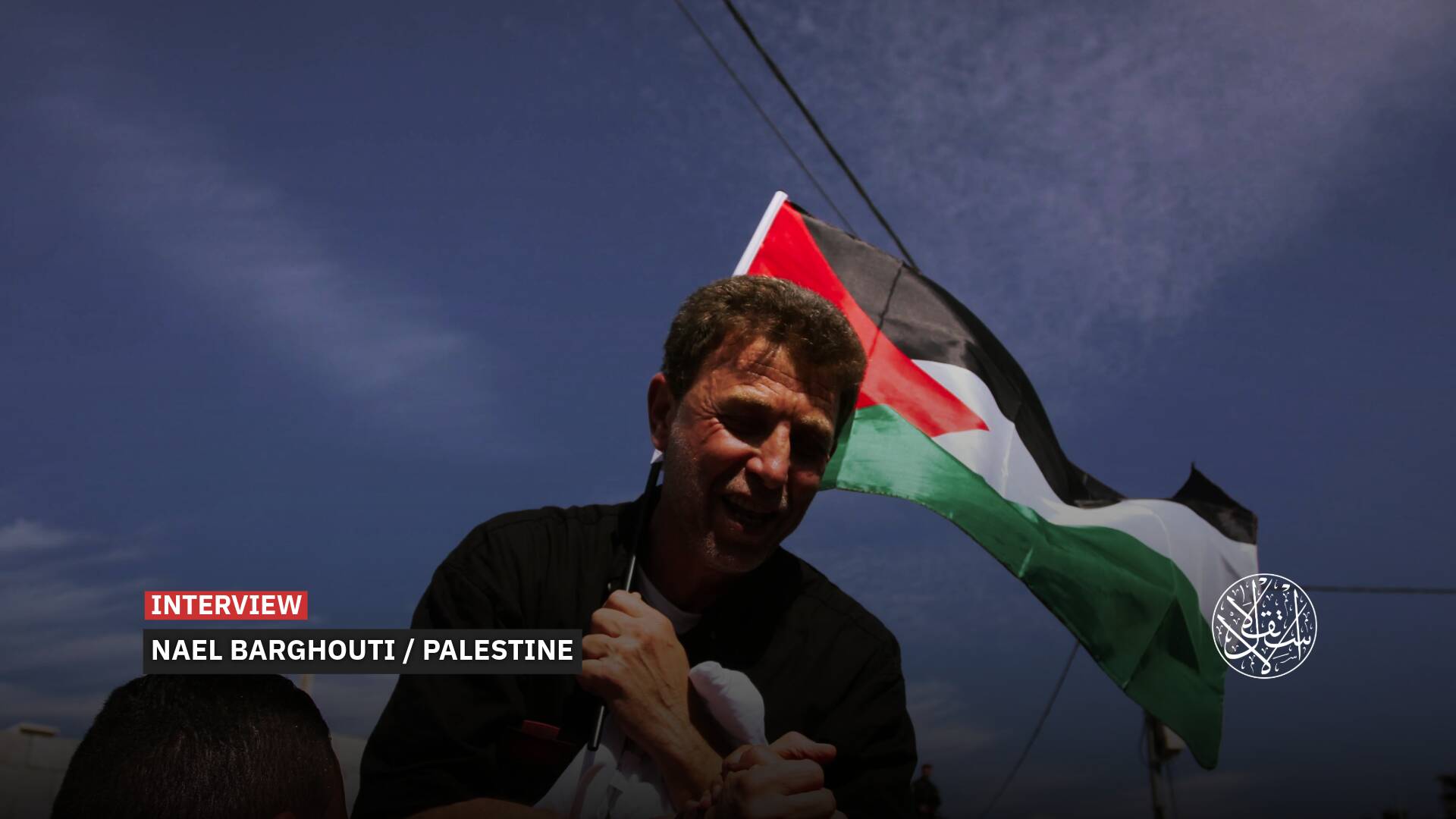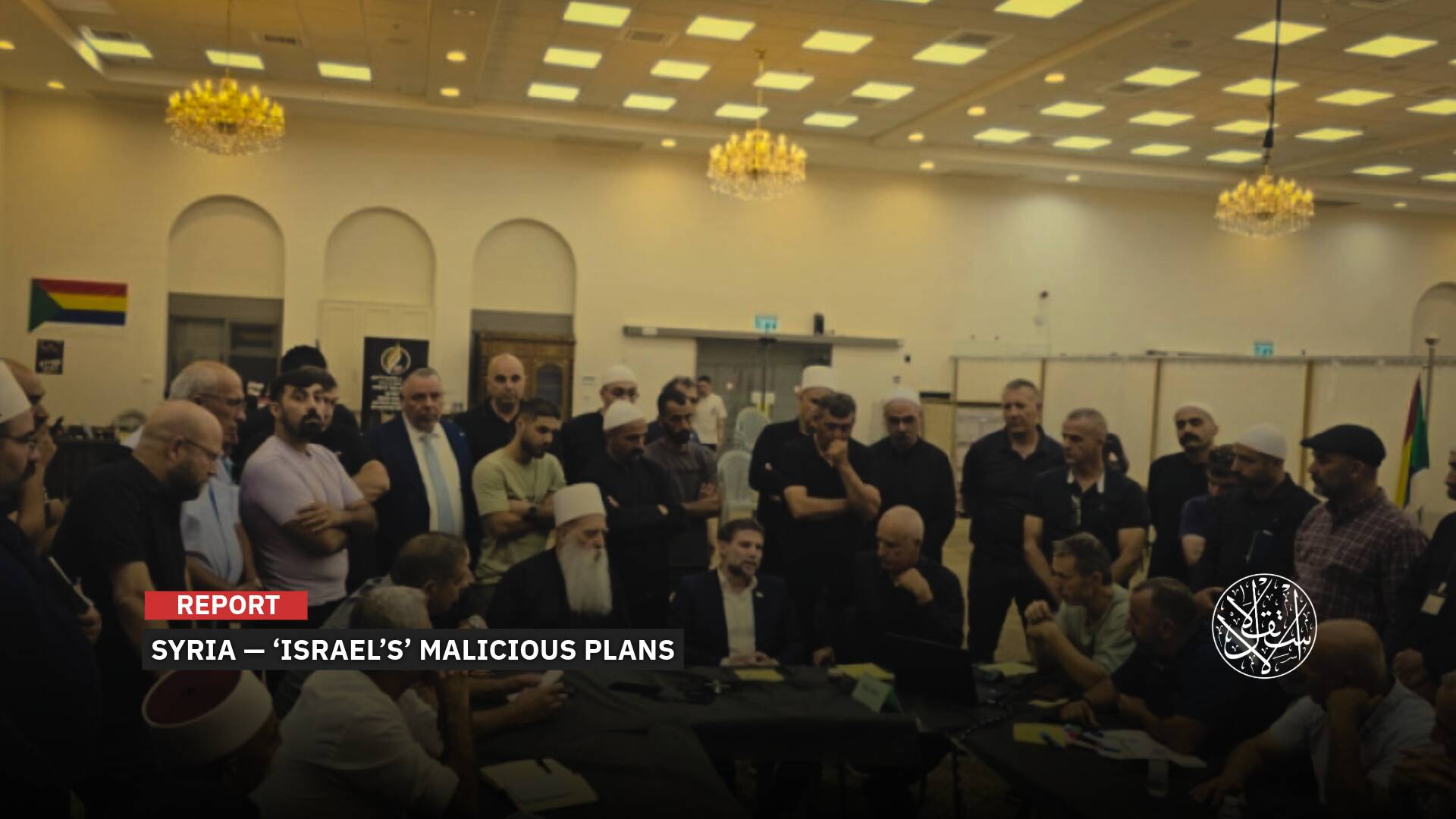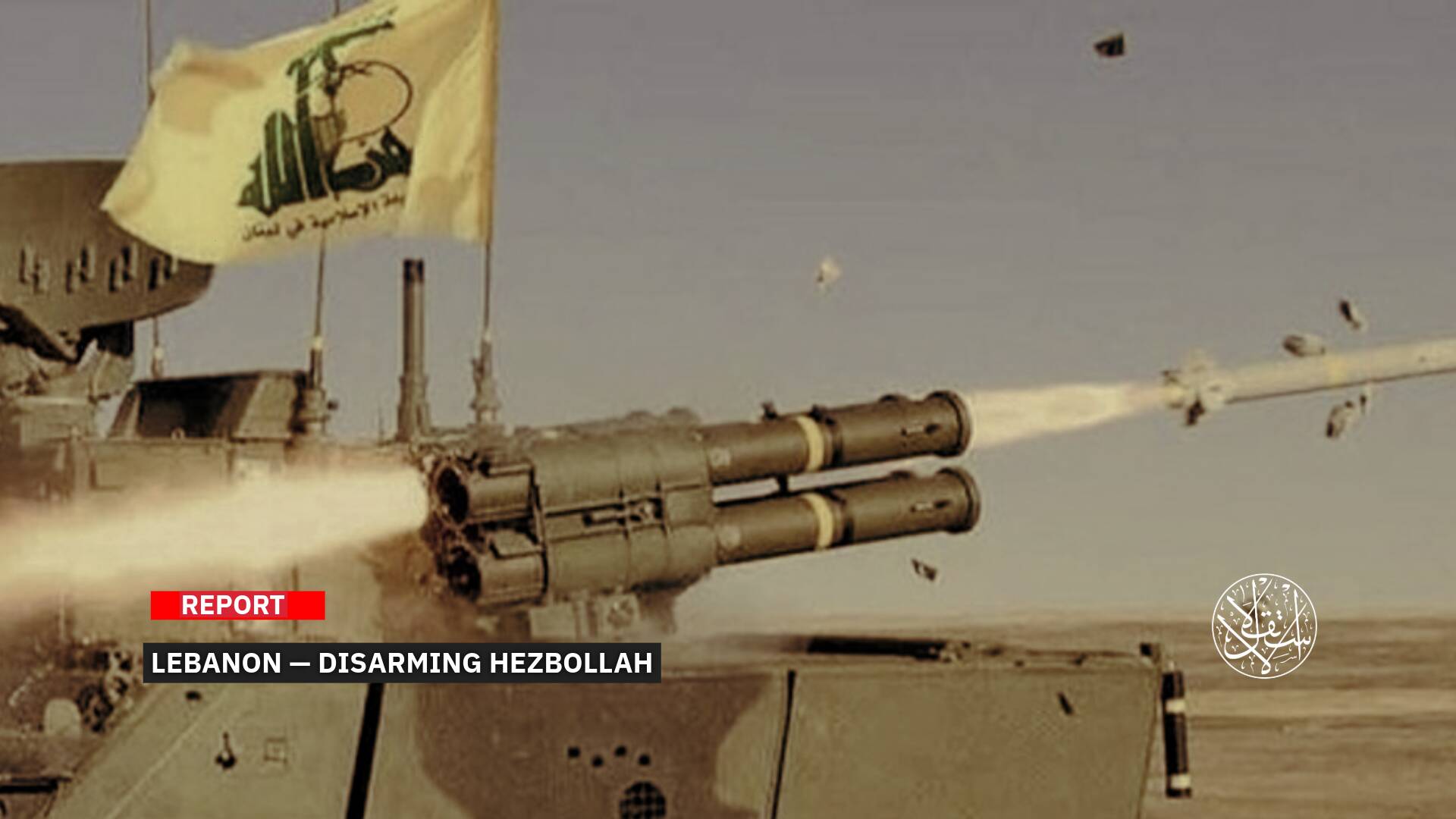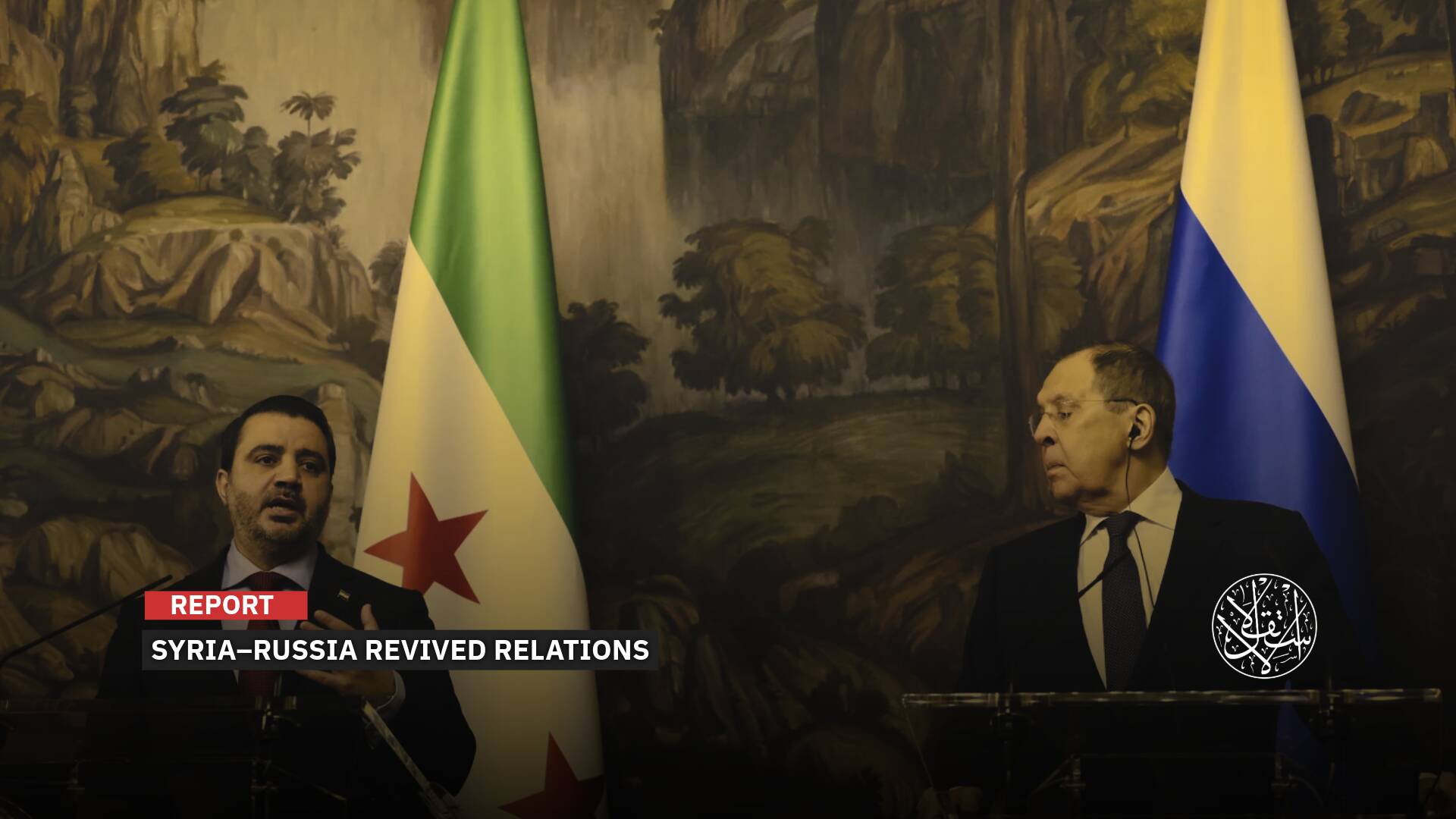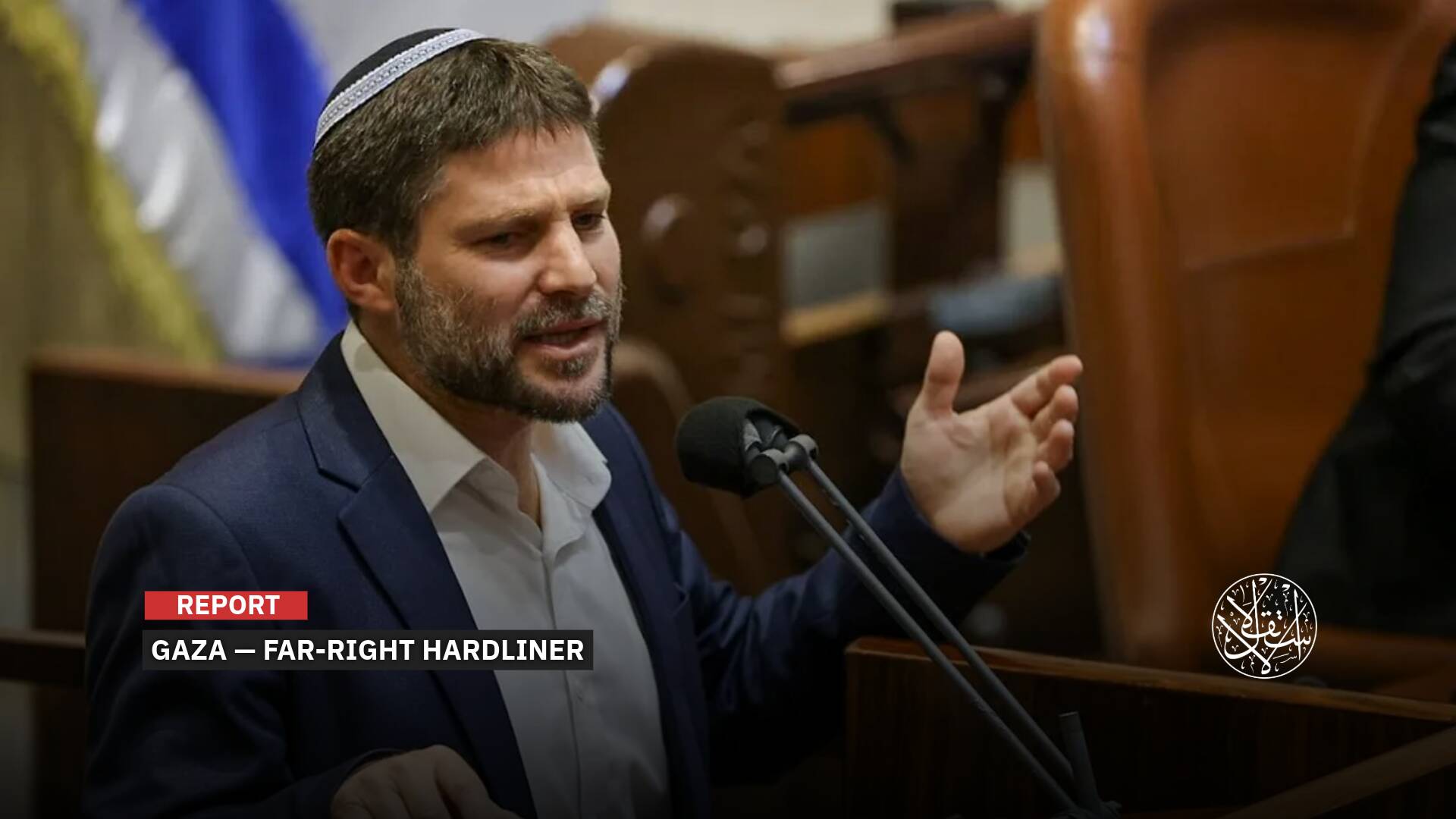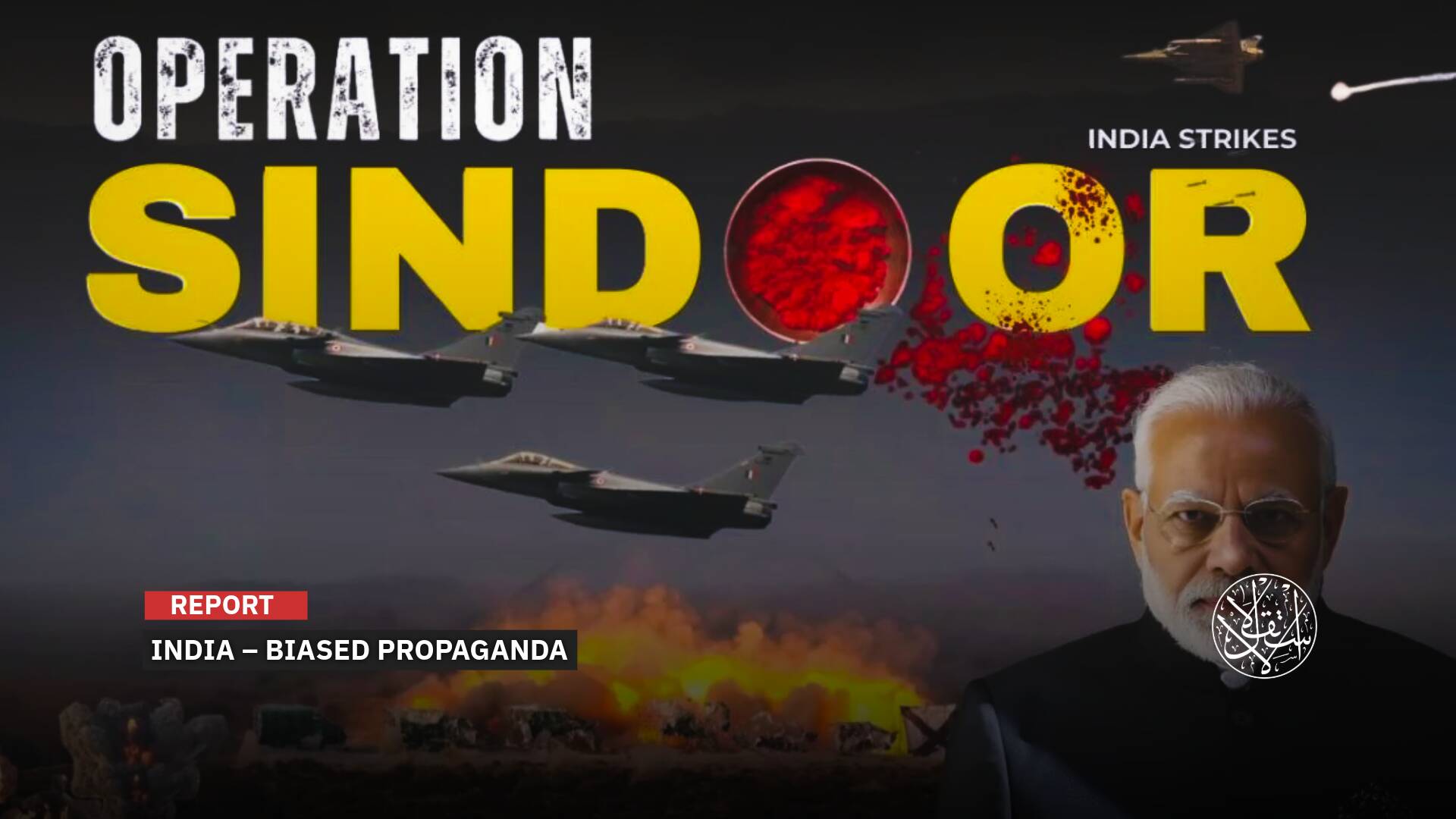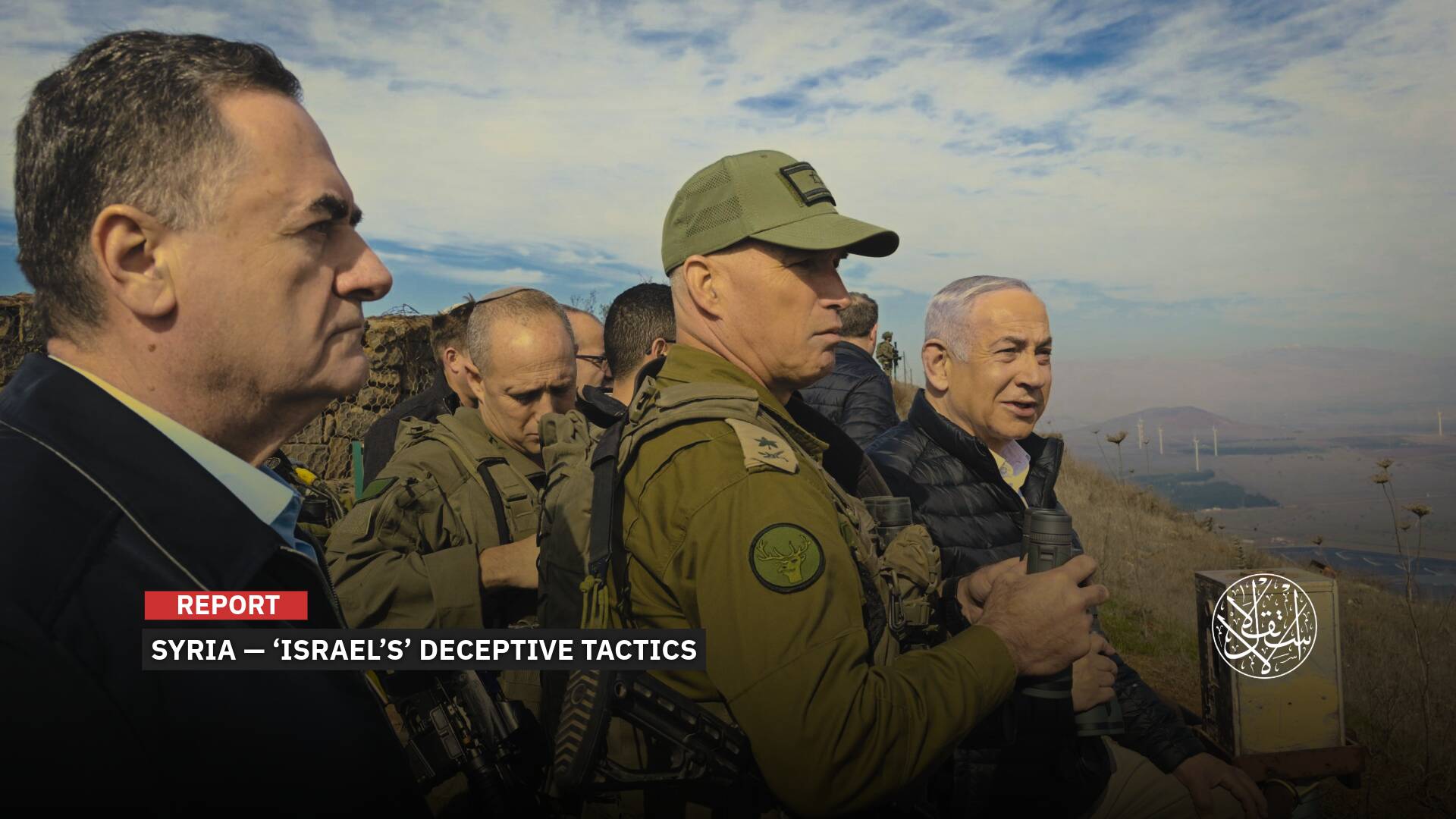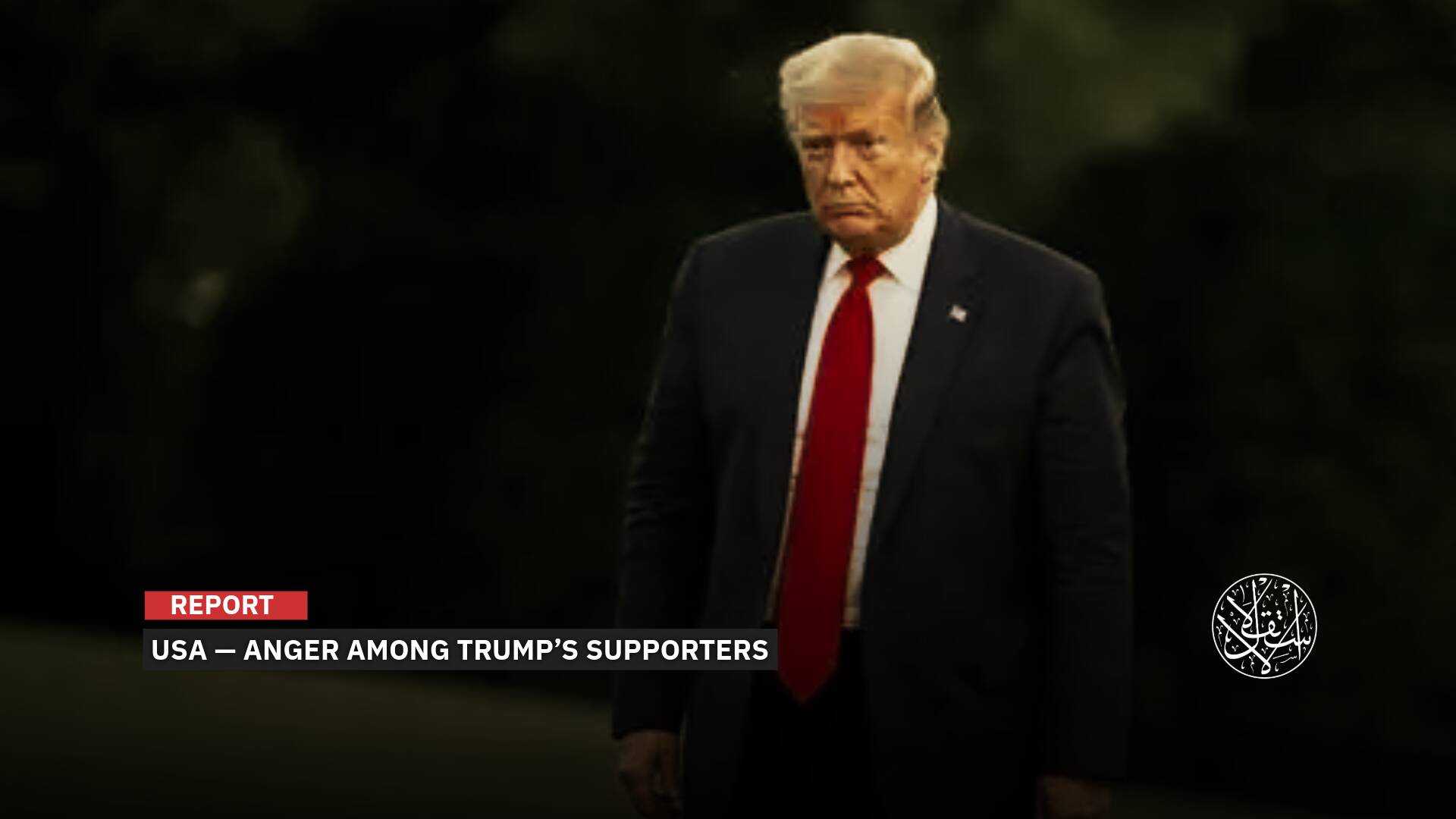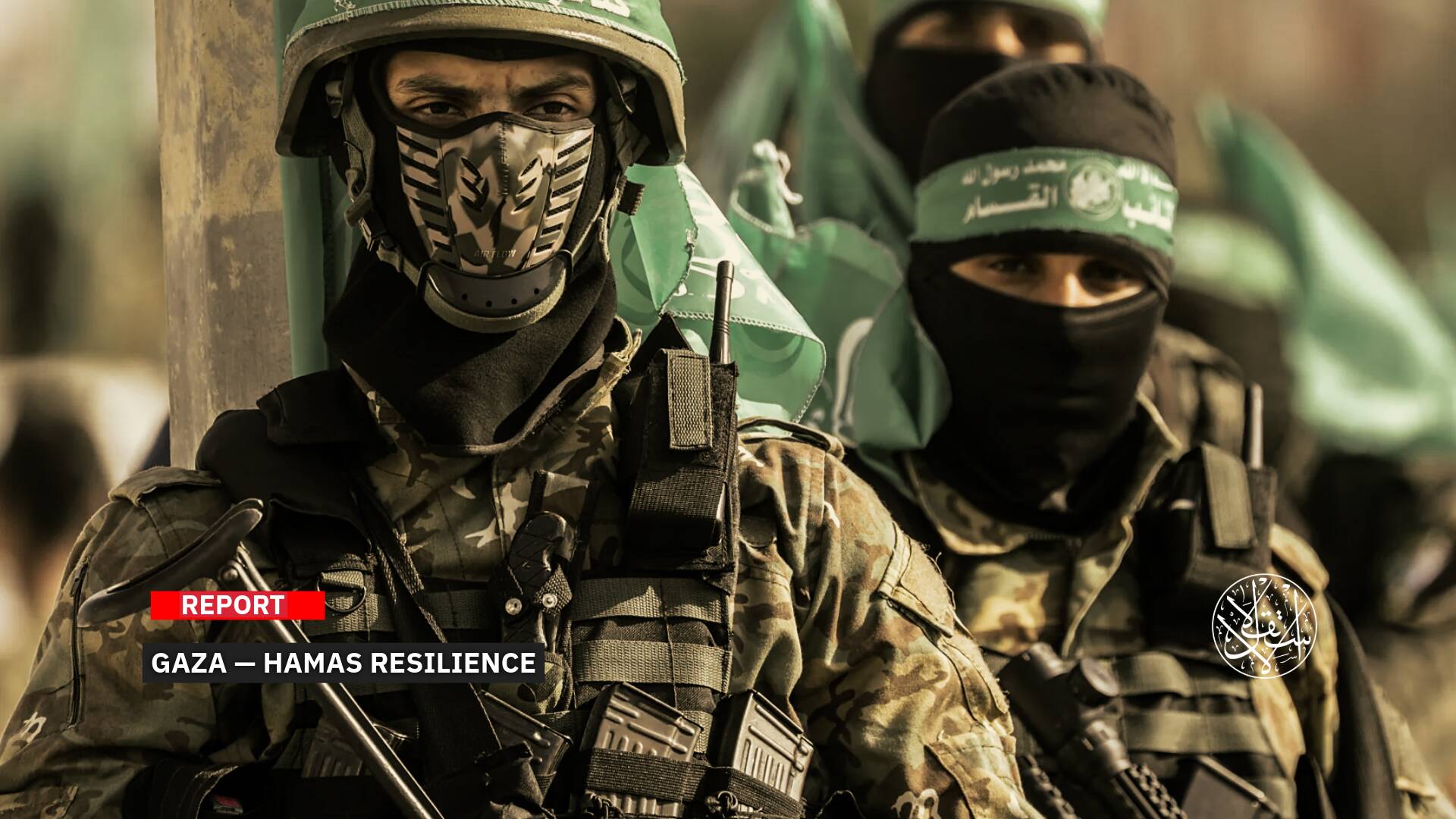Does Assad Have Papers to Counter Turkiye’s Operation in Northern Syria?
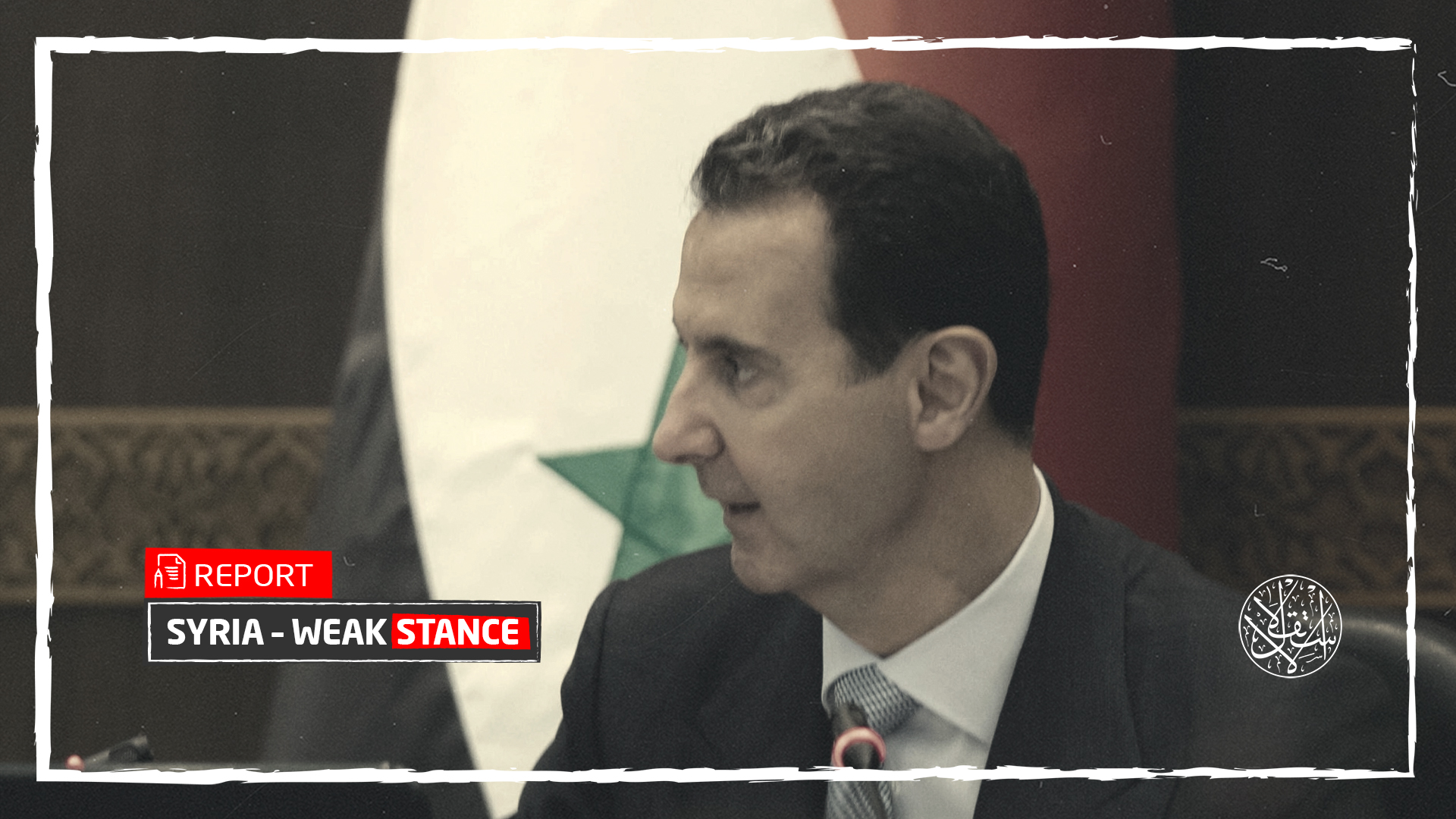
As Turkiye prepares to launch a new military operation against PKK branches inside the Syrian border, the regime's president, Bashar al-Assad, has broken his long silence, calling it an "invasion."
Observers say Assad's remarks are merely a "verbal review," as he will find himself alone in front of Turkiye’s forces if the operation is announced, especially since his main ally, Russia, has clearly hinted at its approval of Ankara's expected steps.
Common Interests
In a television interview with Russia Today on June 9, 2022, in response to the broadcaster's question about the upcoming Turkish operation, Assad replied: "If there is an invasion, there is popular resistance, because our army does not exist in all areas of Syria."
"When military conditions allow for direct confrontation with Turkiye, we will do this," he said.
"Two and a half years ago there was a clash between Syrian and Turkish forces, and the situation will be the same as the military capabilities permit, otherwise there will be popular resistance," Assad said.
Assad here refers to Turkiye's military Operation Spring Shield by land and air between February 27 and March 5, 2020, in Idlib to prevent the expansion of the Syrian regime and ensure the security of Turkish forces in the region, as Ankara said at the time that "the operation prevented a major humanitarian tragedy in northern Syria."
The operation came hours after 33 Turkish soldiers were killed in Syrian regime raids targeting a military gathering in the Jabal al-Zawiya area of the Idlib countryside.
But at the time, the Syrian regime's human losses and equipment were heavy, and according to the Turkish defense, the operation neutralized 3,473 personnel, as well as 3 aircraft, 8 helicopters, an armed marching aircraft, 93 tanks, 36 armored vehicles, 67 cannons, and 10 air defense systems.
At that time, Syrian regime forces alone were left facing Turkish attacks, and there was a suspicious silence from allies Russia and Iran.
Although Assad described the PKK branches in the same interview as "Agents of the Americans," he sees them with his forces in a "single trench" against Turkiye.
According to many observers, the relationship between the Assad regime and the PKK branches stands at several points of agreement, and what disturbs them is U.S. presence and control in its areas of influence in northeastern Syria.
The Syrian branch of PKK is the backbone of the Syrian Democratic Forces (SDF), backed by the U.S.–led international coalition, the armed wing of the Kurdistan Democratic Union (KDP).
Meeting Points
Ankara, Washington, and several European capitals classify PKK as a terrorist organization for targeting Turkiye’s interior with armed attacks in recent decades and represents the "spiritual father" of all Kurdish armed organizations in Syria and Iraq that dream of secession and the establishment of a major Kurdistan state.
The meeting points between the Syrian regime and SDF are almost more than the apparent difference, particularly since the two sides have been engaged in Russian-sponsored but stalled negotiations for five years, with the aim of finding a solution to the future of the SDF regions.
"Our forces will fight with the Syrian army against any external attack on Syria," said Riad Darar, joint president of the Syrian Democratic Council, the political arm of SDF.
"Coordination exists with the Damascus government as part of military assistance and countering external aggression, which is part of its functions," Darar said in a June 11 Facebook post.
On December 17, 2021, SDF leader, Mazloum Abdi, revealed an offer he had received from the Assad regime, granting his forces full independence by administering Kurdish areas in northeastern Syria, provided they withdrew from Arab areas and handed over to the regime.
Abdi said he rejected the proposal, adding, "The old enemy is still plotting against SDF and its people's incubator," in a public reference to the Assad regime.
Turkish President Recep Tayyip Erdogan reiterated that his country "will not allow the establishment of terrorist corridors on its southern border and will complete the remaining parts of the security belt in northern Syria."
Speaking on June 9, 2022, Erdogan expressed the hope that "none of our true allies and friends will oppose these legitimate security concerns for our country, nor will they particularly choose the side of terrorist organizations."

Assad’s Maneuver
In the face of this anticipation of Turkiye's looming military operation against PKK branches in Syria, which it sees as a "necessity for national security," it is clear that Ankara, far from zero hours, has been discussing with the actors, since Erdogan's first announcement on May 23, 2022, of his country's readiness to launch the operation in areas occupied by Kurdish militants on the border.
But if there is a "popular resistance,” as the head of the Syrian regime claims against Turkiye, he means to wrap Arab clans in areas of SDF around his forces, but he has finally failed to create a loyal incubator on the border provinces of Hasaka and Raqqa bordering Turkiye.
Arab tribes there were alerted to the danger of being dragged into an attempt to attract them by Both SDF and the regime, prompting Assad to launch a comprehensive settlement in his areas of control in Deir ez-Zor on November 14, 2021, to attract tribal youth.
Unlike Iran, which rejects the Turkish operation, Assad's second ally Russia is almost in line with Turkiye's concerns that it is pushing for a third military operation in Syria against the PKK branches.
"Assad has received a warning that he has been transferred through the Russians not to stand up to the Turkish army once a military operation is launched," said Mohsen al-Mustafa, an assistant researcher on military affairs at the Omran Center for Strategic Studies.
"It is true that the regime's forces are not deployed in all areas, but they have forces on some lines of contact in areas of military operations where Turkiye is expected to launch its operation, and therefore it is aware of this, and it also pushes elements of popular resistance to the Holocaust, as happened before during Operation Olive Branch (2018)," the researcher said in an interview with Al-Estiklal.
In the event of a "confrontation between Assad's armies and Turkiye in the future, we will see more explosive tanks and ineffective air defense systems, and we may see more aircraft projected to regime forces, as happened earlier in March 2020," al-Mustafa said.

Pressure Cards
If Turkiye launches a military operation against the PKK branches in Syria, it will be the fourth with the support of the Syrian National Army (opposition).
The first military operation was against ISIS under the name of Operation Euphrates Shield on August 24, 2016, and was concentrated in the Aleppo countryside, and the group was expelled from the cities of Jarablus, al-Bab, Azaz, and 2,055 square kilometers were liberated.
Turkiye has also launched two military operations aimed at blocking attempts by YPG forces to link a strip of villages and cities on the Syrian–Turkish border, linking the provinces of Hasaka, Raqqa, and Aleppo, to prevent a Kurdish entity in northern Syria from establishing its borders.
The first operation, Olive Branch, was named on January 20, 2018, during which the city of Afrin, north of Aleppo, was taken over, getting rid of PKK elements.

The second, on October 9, 2019, was named "Spring of Peace" and concentrated in Hasaka and Raqqa provinces, with YPG forces 30 kilometers from the Turkish border.
The National Army then extended control of more than 4,000 square kilometers, with the aim of creating a safe zone for the return of Syrian refugees to their country.
"The Assad regime has indirect pressure sheets, possibly providing Kurdish fighters with anti-tank, artillery, ammunition, logistical and possibly technical support in order to prolong the battle and inflict as many casualties as possible on the Turkish army," said military researcher al-Mustafa.
"This is, therefore, all in order to influence internally the political pull-outs between Turkish parties before the 2023 elections."



